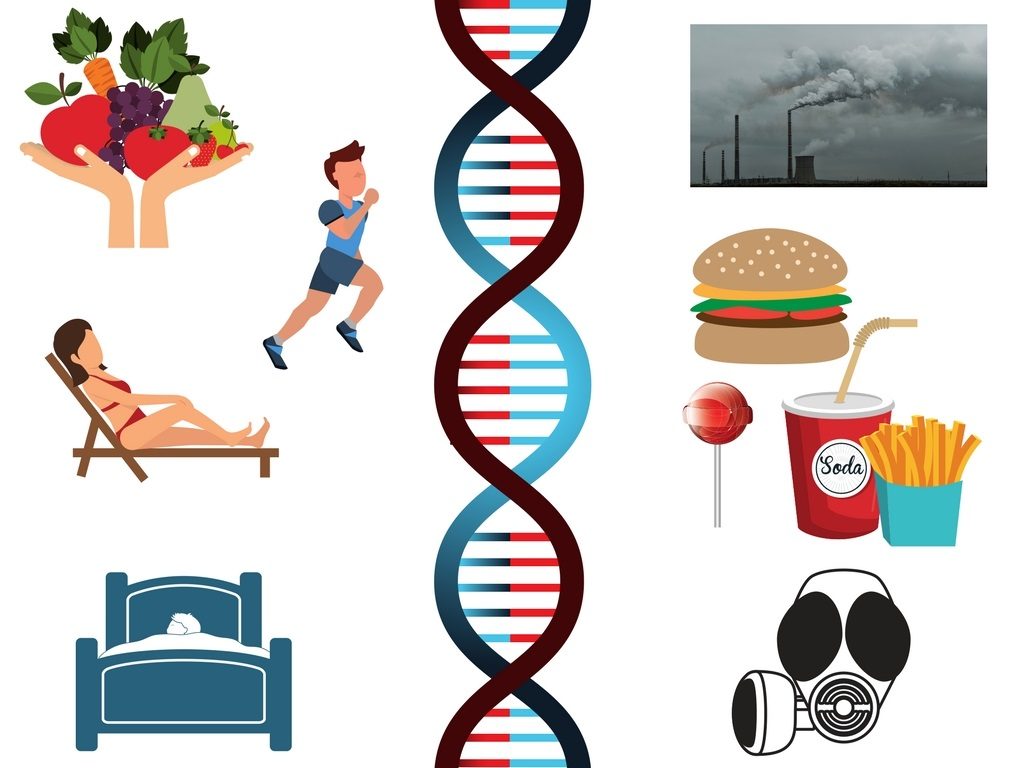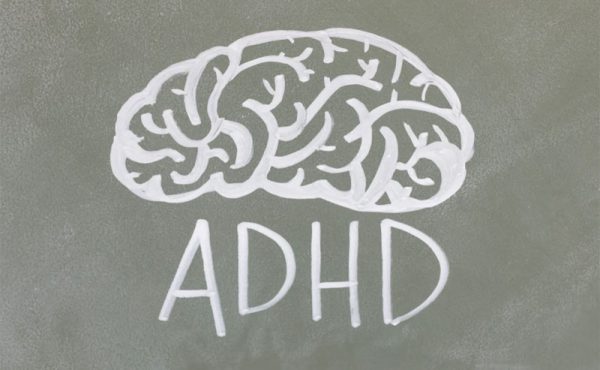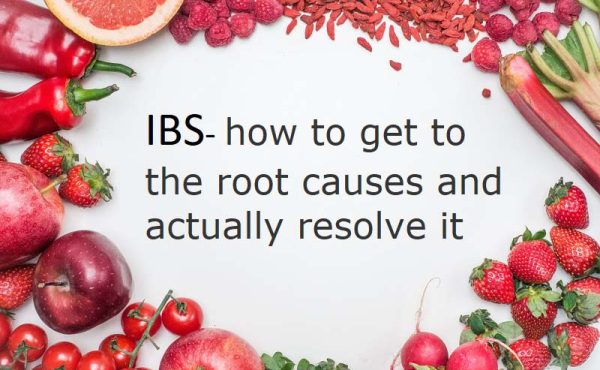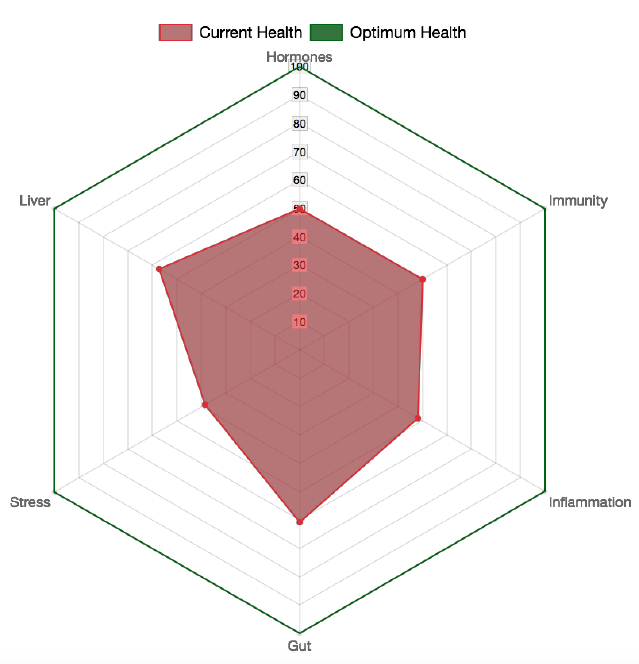MTHFR and Other Gene Testing
Ghosts in your genes
A few years ago I watched a fascinating documentary called ‘The Ghost In Your Genes’. It described a study conducted in a small Swedish town where meticulous records of the town’s crops, births, deaths, etc were kept. This study followed several generations to understand how grandparents’ and parents’ nutrient status (based on crop yield and famine) influenced the health of future generations.
The scientists found that the nutrition of the grandmother at her birth (because the egg is there at birth) and the nutrition of the grandfather at puberty (because sperm is formed then) directly influenced the health of the grandchildren. This is both exciting and super scary.
So, if like me for example, your grandparents lived in war torn Europe when they were very small and often suffered from malnutrition and even famines – there is a direct impact that this has had on your health and will continue to have on your children’s health.
You see, genetics and epigenetics is an extraordinary field of study and is still very new. The genome project coded all human genes however we are no closer to uncovering how genes influence disease. Most recent science shows that it is how our environment interacts with our genes that makes the biggest difference to how the genes are expressed- this is epigenetics.
What foods we eat, what air we breathe, what toxins we are exposed to, how much sunshine, how much movement- all these areas of our lives interact directly with our genes and switch them on/off in favourable and not so favourable ways.
You can read more about the science here.

What this means for your genes
Do your parents or grandparents have heart disease? Diabetes? Alzheimer’s? Parkinson’s? MS? Cancer? Depression? Alcoholism? Autoimmune disease?
These conditions and many others have been shown to ‘run in families’. However, science is increasingly showing that it is not just the inherited genetics that predispose us to these and other ailments, but their interaction with the environment.
I have found this area fascinating due to the fact that there is a long list of such conditions in my family and I have done extensive research into genetics and have completed genetics analysis training with Fitgenes Australia and Bioceuticals Australia.
Analysing my clients genetics gives me a unique insight into how their health is influenced by their diet and lifestyle and explains numerous factors about their family health.
Everything from weight loss to anxiety and depression, addictions and heart disease can be examined with a gene testing lens and addressed accordingly.
What does all this have to do with nutrition?
This is where nutrigenomics comes in- the field of nutrition that looks at the relationships between your particular genetic combination and your diet, environment and lifestyle to understand whether these are a favourable match.
In my clinic work I use genetic testing (a simple saliva swab) to understand how your particular combination of genes can be influenced by very specific nutritional and lifestyle changes in order to reduce those genes from expressing into undesirable health outcomes.
Many simple nutrients as well as very specific antioxidants and vitamins can be used to ‘turn down’ inflammation, heart disease risk, obesity/overweight, gut issues and methylation issues – we just need to know what YOUR specific combinations are in order to devise the best strategy.
For example, I know from testing that my genes responsible for vitamin D uptake are sub-optimal, which means I always need to ensure adequate sun exposure and regularly check my levels in winter months so that I don’t ‘turn on’ these genes that relate to poor vitamin D levels (and are implicated in many autoimmune diseases).
A regular example I see in clinic is MTHFR gene variations- this is a huge area of research and this gene has been linked with many conditions ranging from heart disease and stroke to autism spectrum disorders. Whilst MTHFR is an important methylation gene, testing for this gene alone is really inadequate as one can miss many other methylation related genes that are responsible for folate and vitamin B12 metabolism. Which is why I always use comprehensive gene testing to understand my clients’ unique profile and devise the best nutrition and lifestyle strategy.
Hmmmm, but isn’t all this genetic knowledge depressing and anxiety provoking?
I sometimes hear this comment and it is a valid concern, however- whilst knowing what ‘dodgy’ genes we may have is a little confronting, it is important to remember that EVERYONE has dodgy genes! We all have thousands of genes that have variations.
The most important thing is knowing that there is a LOT that can be done to address the undesirable genetics and this is a critical fact – this information is EMPOWERING for us as it enables diet and lifestyle modifications to be made to allow for the best possible functioning health machinery.
Gene testing offers truly personalised nutritional medicine.











Great information thank you for sharing this. What genetic testing companies do you use? I see you talk about 23 and me to get raw data then upload to an app such as MTHFR support.com. Are there other companies you use or just the 23 and me?
I only use mthfrsupport because it’s the only report that codes for the UGT snps
[…] tests such as: Blood tests, Hair Mineral Analysis, GI Map gut testing, Organic Acids testing and Methylation/genetics testing in order to identify nutrient deficiencies and optimise your child’s […]
Good blog
Nice writings.. Best of luck
Thanks for your advice